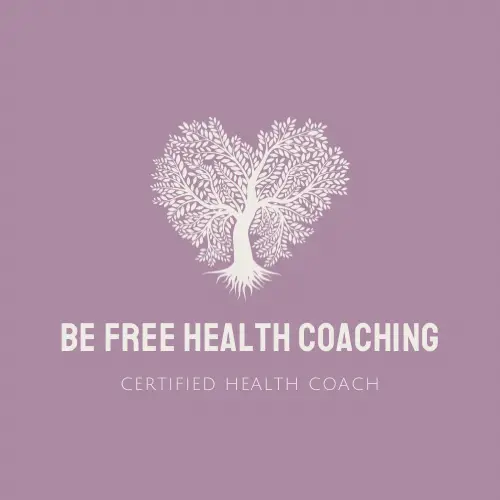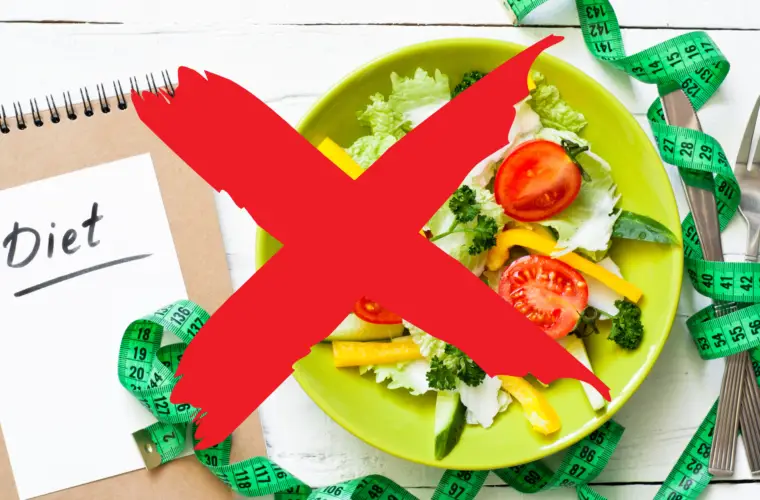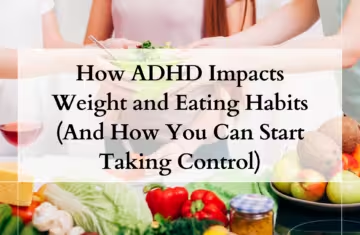The diet industry knows that diets don’t work. Research shows that roughly 80-90% of people who go on a diet and lose weight, do not maintain it for more than 12 months. Some research even suggests the figure is as high as 95%
It’s proven time and time again that diets don’t work.
Not to mention what we can see right in front of us. After decades of dieting we still have an obesity crisis in the UK.
Here’s the thing, despite all this evidence right in front of us we are constantly being marketed diet plans or meal plans disguised as diets.
Why is that?
Because the dieting industry in the UK alone is worth £2 BILLION! That’s why.
There is an entire industry that is invested in you not losing weight! Because if you succeed, you won’t keep giving them money, you will no longer be feeding the machine. Which is why they keep putting out diet after diet. Even though they know it’s unlikely to work.
But here’s the thing about diets... They are all the same. ALL diets are either changing the time you eat, the amount you eat or the source of what you eat. That’s it. They are ALL just doing one of those things. All these new ‘methods’ but it’s all just a rehash of what’s already out there. It’s like wrapping the same Christmas present up in different coloured wrapping paper, sticking a bow on and pretending it’s something else.
Calories In vs Calories Out: Is it really that simple?
Sadly not. Yet, the calories in vs calories out theory is constantly pushed.
I used to scroll down Instagram feeds of women posting every single thing they put in their mouths and despair! These women had been sold on the idea that they just had to eat a certain amount of calories and they’d lose weight. Telling themselves they were back on the wagon, that they were starting afresh, a new me. All it just takes willpower after all. Right?
Not at all.
The calories in vs calories out theory is not only outdated, but it’s WAY over simplified and was jumped on by the diet industry because of its marketability rather than it’s effectiveness.
The truth is losing weight is way more complex than just counting calories or going on a diet. We all have different bodies, metabolisms and heck different genders! We are not all at the same stage of life (dropping weight at 21 is not the same as dropping it at 40!), some of us have had kids, some of us haven’t, some women have additional caring responsibilities on top of full time jobs, some are single mothers, some have a partner to help, some can afford child care and some can’t.
On top of that there are women who struggle with ADHD, which can make it harder to organise meals, cook and even exercise. Not to mention the appetite changes that can be side effects of medication. In addition to that some women struggle with sensory issues such as ADHD or Autism.
Do you see my point?
The list of differences are endless.
So why on earth do we all expect to get the same results as Jane on the success stories page? When we have no clue as to what that person’s life is like beyond what the company want us to see.
What’s really going on?
The reality is, losing weight requires a longer term and more personal approach than a diet. Especially, if you are a chronic dieter who has been struggling for years.
Instead, looking at your emotions around food, what is driving certain behaviours such as binge eating or “falling off the wagon” will serve you far better. It’s important to not only look at what you are eating but why you are eating it. When you reach for that chocolate bar what are you really wanting? Is it a sense of comfort, to relieve boredom, to ease stress? Once you get to the bottom of these issues, cravings are less likely to be a problem.
The problem is that it’s difficult to market that approach into a programme that appeals on the scale needed to create a 2 billion pound industry. And let’s face it, it’s so much easier to just think that you need to follow a diet plan and go to the gym five times a week than actually deal with the emotions that are causing you to binge eat, overeat and reach for the bar of Galaxy every night.
Because that looks so much like hard work! And anyway, you don’t need it right? There are no emotions, you just need a kick up the backside, don’t you?
For example, I knew of one woman who was chronically obese, she would start to lose weight, get back on track and then somehow she would sabotage herself. It wasn’t until she made the connection between her childhood trauma and her weight that things slotted into place. She discovered that, subconsciously, her weight was her armour against the world. This required therapy, not a diet!
Why Diets Don’t Work: The Bigger Picture
While this is a more extreme example it is something I see come up a lot.
I’ll tell you a story…
I worked with one woman who thought she needed tips to kick her sugar cravings and lose weight. What she actually needed was a new job because the one she had was causing her so much stress she was comfort eating chocolate and carb heavy foods that were packing on the lbs. She just thought it was her lack of willpower.
In actual fact, by working together she discovered she needed to deal with her stress first, because that is what was driving her to overeat and seek comfort in food.
Unfortunately, this is a familiar story for many women. There is a disconnect between their eating habits and emotions. Instead, there is an automatic assumption that they are just being lazy or lacking in drive or discipline. That they are being “bad”.
And, that’s not the only issue that leaves women struggling to lose weight.
On top of that we have something rarely mentioned. Food isn’t the only thing that affects our weight.
As well as a host of different health issues, there are issues such as chronic stress becoming more and more common. Stress is a big reason why people struggle to lose weight. (If I had a pound for everytime someone had come to me and said “I’m eating below my calorie intake and I’m doing all the things but I’m not losing weight” well I’d be sunning myself on a beach in Barcelona right now instead of sitting here writing this blog post in grey old England!) the reason for this stubborn weight despite being “good” is stress.
Fact is, higher cortisol levels are shown to increase your hunger, rev up cravings for sugary and fatty foods, and increase fat around your middle. What’s frustrating is, in the mainstream diet plans, I’m yet to see this acknowledged.
So how do you lose weight?
The question is, in all these complex scenarios, how exactly do you shift the lbs since diets don’t work.
To lose weight and end the cycle of chronic dieting then we have to start looking at health from a holistic viewpoint. Holistic means we look at the overall picture of the mind as well as just the body. The two fit together. (In fact your mind IS your body but that’s a whole other topic for another time!)
This includes looking at your mental well-being and considering any neurodivergence, such as ADHD, when you set up a plan to lose weight. As well as, looking at your sleep patterns, working to reduce your stress level, considering overall lifestyle, day to day habits and making the connection between food and emotions. (Even if you don’t think you have any, believe me you do, no one escapes!)
Focusing on behaviour/ habit change (these terms are used to describe the same concept) and starting to gradually change your habits to healthy ones. These small changes support you in losing weight and maintaining it long term.
This approach means you are working with your brain and not against it, making the success rate far higher!
For the majority making these changes alone is extremely difficult (yet another reason diets don’t work).
It’s near impossible to see the forest when you are in the trees. This is why 1:1 health coaching or small group coaching can be so beneficial for women. Especially women who have struggled with chronic dieting or are neurodiverse.
In fact, working with a health coach is proven to be more effective than dieting for both short and long term results.
In conclusion, we all need to be kinder to ourselves and not be sucked in by promises of quick fixes that end up doing more harm than good. You are not lazy or undisciplined. Nor are you lacking in motivation. You’ve been given the wrong strategy. Once you get the right approach, weight loss is very achievable.
To learn more about how holistic health coaching works and if it can help you check out my blog post on “Can a Health Coach Really Help You Lose Weight?”




